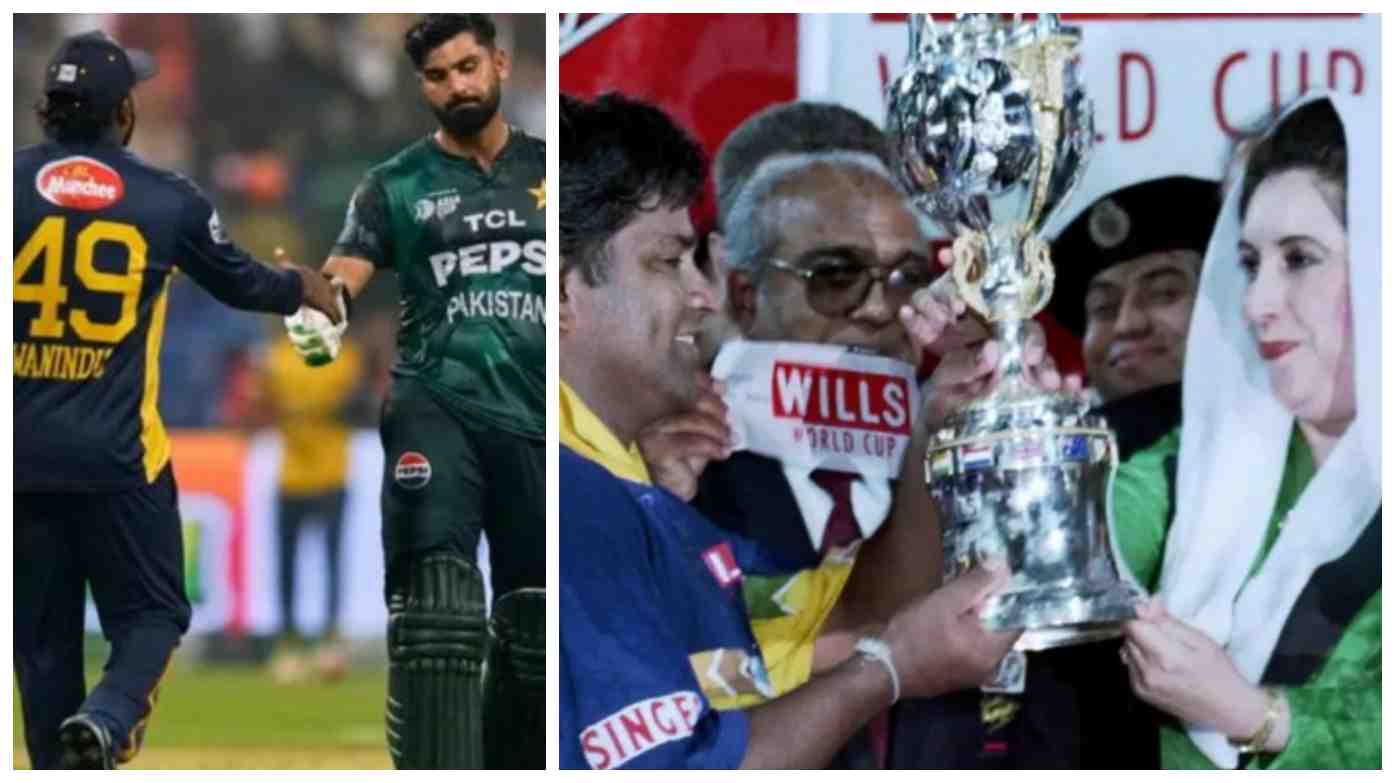
Former Pakistan captain Rashid Latif has reflected on the long and complex history of cricketing ties between Pakistan and Sri Lanka, drawing parallels between past security challenges and the current situation involving the Sri Lankan team in Islamabad.
Writing on Wednesday, Latif recounted Pakistan’s 1994 tour of Sri Lanka, where the team played three Tests and three ODIs amid heavy clashes between government forces and the LTTE. After the second Test in Colombo, a bomb blast and curfew forced the cancellation of the third Test.
Despite the danger, the Pakistan team remained in Colombo. The Pakistan Cricket Board’s decision, taken in consultation with the government, was “taken very seriously by the players,” Latif wrote. Two ODIs were added in place of the cancelled Test, with Pakistan ultimately winning the Test series 2–0 and the ODI series 4–1.
Latif also recalled early 1996, when Sri Lanka was again facing severe violence marked by frequent bombings, suicide attacks, and curfews. With the Cricket World Cup scheduled to be co-hosted by India, Pakistan, and Sri Lanka, both Australia and West Indies refused to travel to Colombo.
In response, Pakistan and India formed a joint XI and travelled to Sri Lanka in a show of solidarity. The team included Mohammad Azharuddin, Sachin Tendulkar, Saeed Anwar, Wasim Akram, Anil Kumble, Rashid Latif, Waqar Younis, Ajay Jadeja, Ijaz Ahmed, and Aamer Sohail. Latif noted that then-Prime Minister Chandrika Bandaranaike Kumaratunga met the players, and Sri Lanka captain Arjuna Ranatunga became emotional while thanking both nations after the match.
Sri Lanka went on to win the 1996 World Cup in Lahore, where then-Prime Minister Benazir Bhutto presented the trophy to Ranatunga.
Latif also referenced March 3, 2009, when the Sri Lankan team was attacked in Lahore, leading to a decade-long exile of international cricket from Pakistan.
Reflecting on recent events, he said that when a blast occurred while Sri Lanka was in Islamabad, some players expressed concerns and requested an early return, creating difficulties for the PCB. He claimed the PCB and Pakistan’s government immediately engaged in diplomatic discussions with Sri Lankan officials, after which Sri Lanka Cricket issued a statement confirming the tour would continue.
“Cricket within Pakistan is very important,” Latif wrote, adding that Sri Lanka remains a team capable of providing strong competition.
He pointed out that although Pakistan lost nearly nine years of home cricket after the 2009 attack, the country has since hosted Australia, England, Sri Lanka, Zimbabwe, South Africa, West Indies, and New Zealand regularly. (Newswire)
